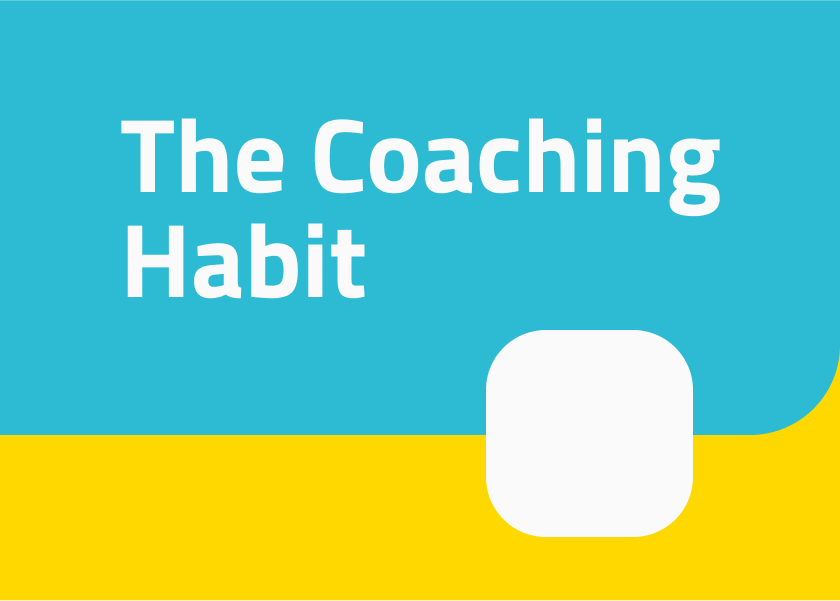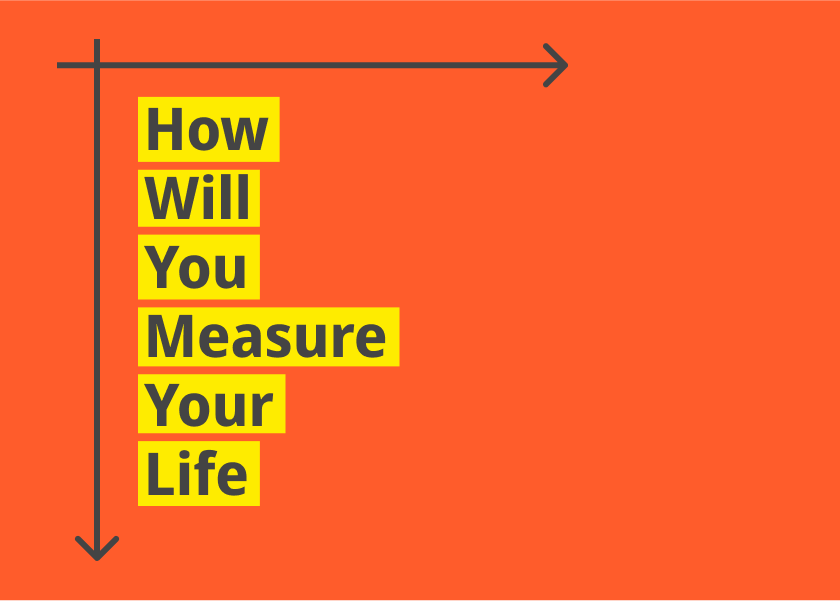Grit by Angela Duckworth - Summary
Unlock the power of grit!. Discover how passion and perseverance drive success, and learn to cultivate these traits in yourself and others. This book transforms education, management, and life.

The following is a summary and review of the book Grit by Angela Duckworth.
Listen to ShelfHelp's podcast summarising the book Grit by Angela Duckworth.
Is Talent Overrated? Discover the Power of Grit
Are you striving for success but feel held back by a perceived lack of innate talent? Angela Duckworth's Grit: The Power of Passion and Perseverance challenges the conventional wisdom that talent is the sole predictor of achievement. This book offers a refreshing perspective: grit—a combination of passion and perseverance—is the key to long-term success.
This article provides a detailed summary of Grit, offering actionable takeaways and key insights that can help you cultivate grit in your own life. Save time and discover how to achieve your goals through dedication and resilience.
Table of Contents
- About the Author
- Who Should Read This Book?
- Key Insights and Themes
- Detailed Summary
- Review
- Actionable Takeaways
- FAQs
- Conclusion
About the Author
Angela Duckworth is a professor of psychology at the University of Pennsylvania and a 2013 MacArthur Fellow. As a researcher, Duckworth focuses on grit and other psychological attributes that predict success in life. Before her career in psychology, she was a middle and high school maths teacher. Duckworth is also the co-founder of the Character Lab, a non-profit organisation with the mission to advance the science and practice of character development in children. Her background in education and psychology lends her work a unique blend of practical insight and scientific rigor.
Who Should Read This Book?
Gritis a valuable resource for a wide audience:
- Educators: Teachers and administrators can use Duckworth's insights to foster grit in their students, creating a more resilient and motivated learning environment.
- Parents: Discover effective parenting strategies that encourage perseverance and passion in children, helping them achieve their full potential.
- Business Leaders: Managers and executives can learn how to cultivate a culture of grit within their organisations, leading to increased productivity and innovation.
- Athletes and Coaches: Understand the psychological factors that contribute to athletic success and how to develop mental toughness.
- Anyone Seeking Personal Growth: If you're looking to achieve long-term goals and overcome challenges, this book provides a roadmap for developing the grit needed to succeed.
Key Insights and Themes
Here are the key takeaways from Grit:
- Grit is a combination of passion and perseverance for long-term goals.
- Effort counts twice as much as talent. While talent is important, sustained effort and dedication are more critical for achieving excellence.
- Grit can be grown from the inside out by cultivating interest, practising deliberately, finding purpose, and fostering hope.
- Grit can also be grown from the outside in through positive influences from parents, coaches, teachers, and mentors.
- A focus on talent can be a distraction. Overemphasising innate ability can undermine the importance of hard work and perseverance.
- The importance of a hierarchical goal structure. Organising goals in a hierarchy helps in maintaining focus and resilience in the face of frustrations.
Detailed Summary
Grit is divided into three parts, each exploring different facets of grit and how it can be developed.
Part I: What Grit Is and Why It Matters
- Showing Up: Duckworth introduces the concept of grit and its importance in achieving success. She recounts her experiences teaching maths to students and observing how some students excelled not because of innate talent, but because of their willingness to persevere.
- Distracted by Talent: This chapter challenges the conventional emphasis on talent, arguing that an overfocus on innate ability can be detrimental. Duckworth references McKinsey's focus on recruiting the "brightest and best" and highlights studies showing that effort is often undervalued.
- Effort Counts Twice: Duckworth asserts that effort is more crucial than talent. She cites sociologist Dan Chambliss's study of Olympic swimmers, which found that excellence resulted from consistently performing small skills correctly rather than extraordinary innate abilities.
- How Gritty Are You?: This section introduces the Grit Scale, a self-assessment tool designed to measure an individual's level of grit. The scale evaluates passion and perseverance, providing a percentile comparison to American adults.
- Grit Grows: Duckworth explores how grit develops over time and the factors that influence its growth. She discusses the roles of genetics, environment, and personal experiences in shaping an individual's grit.
Part II: Growing Grit from the Inside Out
- Interest: Duckworth emphasises the importance of finding and nurturing genuine interests. She references Will Shortz, the New York Times crossword puzzle editor, who advises people to pursue what they enjoy most.
- Practice: This chapter delves into the science of deliberate practice, highlighting the work of Anders Ericsson. Deliberate practice involves intentionally seeking challenges, focusing on weaknesses, and consistently striving for improvement.
- Purpose: Duckworth explores the connection between purpose and grit, arguing that having a sense of purpose—the intention to contribute to the well-being of others—enhances passion and perseverance. She shares the story of Alex Scott, who started a lemonade stand to raise money for cancer research.
- Hope: This section focuses on the importance of hope and optimism in overcoming setbacks. Duckworth draws on the work of Martin Seligman, who demonstrated that optimists tend to view failures as temporary and specific, while pessimists see them as permanent and pervasive.
Part III: Growing Grit from the Outside In
- Parenting for Grit: Duckworth examines parenting styles that foster grit in children. She contrasts authoritative parenting, which balances demandingness and support, with permissive or authoritarian approaches.
- The Playing Fields of Grit: This chapter explores the role of extracurricular activities in developing grit. Duckworth highlights the benefits of participating in challenging activities that require sustained effort and commitment.
- A Culture of Grit: Duckworth discusses the importance of creating a culture that values grit. She examines how leaders like Pete Carroll of the Seattle Seahawks and Jamie Dimon of JPMorgan Chase instil grit in their teams.
Conclusion: Duckworth summarises the key principles of grit and encourages readers to cultivate it in their own lives. She shares the story of Ta-Nehisi Coates, who overcame numerous challenges to become a successful writer, illustrating that grit is essential for achieving one's potential.
Review
Grit offers a compelling and evidence-based exploration of the factors that contribute to success. Duckworth synthesises research findings with real-life stories, making the book both informative and engaging. The book's strength lies in its practical advice, providing readers with actionable strategies for developing grit.
However, some critics argue that the concept of grit may be oversimplified and that other factors, such as socioeconomic background and access to opportunities, also play a significant role in achievement. While Duckworth acknowledges these factors, the book primarily focuses on the psychological aspects of grit, which may not fully capture the complexities of success. Despite these limitations, "Grit" remains a valuable resource for anyone seeking to understand and cultivate the qualities needed to achieve their goals.
Actionable Takeaways
Here’s how to apply the lessons from Grit in real life:
- Assess Your Grit: Use the Grit Scale to gauge your current level of passion and perseverance. Identify areas where you can improve.
- Cultivate Your Interests: Explore new activities and hobbies to discover genuine interests. Dedicate time to deepening these interests and finding ways to integrate them into your daily life.
- Practice Deliberately: Identify specific skills you want to improve and engage in deliberate practice. Seek feedback and focus on your weaknesses.
- Find Your Purpose: Reflect on how your work or interests can contribute to the well-being of others. Connect your goals to a larger sense of purpose.
- Foster Hope: Develop an optimistic mindset by reframing setbacks as temporary and specific. Challenge negative self-talk and focus on solutions.
- Adopt Authoritative Parenting: If you're a parent, strive to be both demanding and supportive. Set high expectations while providing the encouragement and resources your children need to succeed.
- Create a Gritty Culture: Whether at home, at school, or at work, foster a culture that values perseverance, hard work, and resilience.
FAQs
- What is "Grit" about? "Grit" explores the power of passion and perseverance in achieving long-term goals, arguing that grit is a more significant predictor of success than talent alone.
- Is "Grit" worth reading? Yes, "Grit" is worth reading for anyone seeking to understand and develop the qualities needed to achieve their full potential. It offers practical strategies and inspiring stories that can motivate readers to cultivate grit in their own lives.
- How does grit relate to talent? Grit and talent are related but distinct. Talent refers to innate ability, while grit is the combination of passion and perseverance. Duckworth argues that effort counts twice as much as talent in achieving success.
- Can grit be learned? Yes, grit can be learned and developed over time. Duckworth identifies several strategies for growing grit from the inside out and the outside in.
- What is the Grit Scale? The Grit Scale is a self-assessment tool designed to measure an individual's level of grit. It consists of a series of questions that evaluate passion and perseverance.
Conclusion
Grit is a transformative book that challenges conventional notions of talent and success. By understanding and cultivating grit, you can unlock your potential and achieve your long-term goals. Take action today to assess your grit, nurture your interests, and connect your work to a larger purpose. The power of passion and perseverance is within your reach.
As an Amazon Associate, ShelfHelp may earn money from qualifying purchases. Needless to say, ShelfHelp only includes affiliate links to books we recommend and think are worth your time reading.




